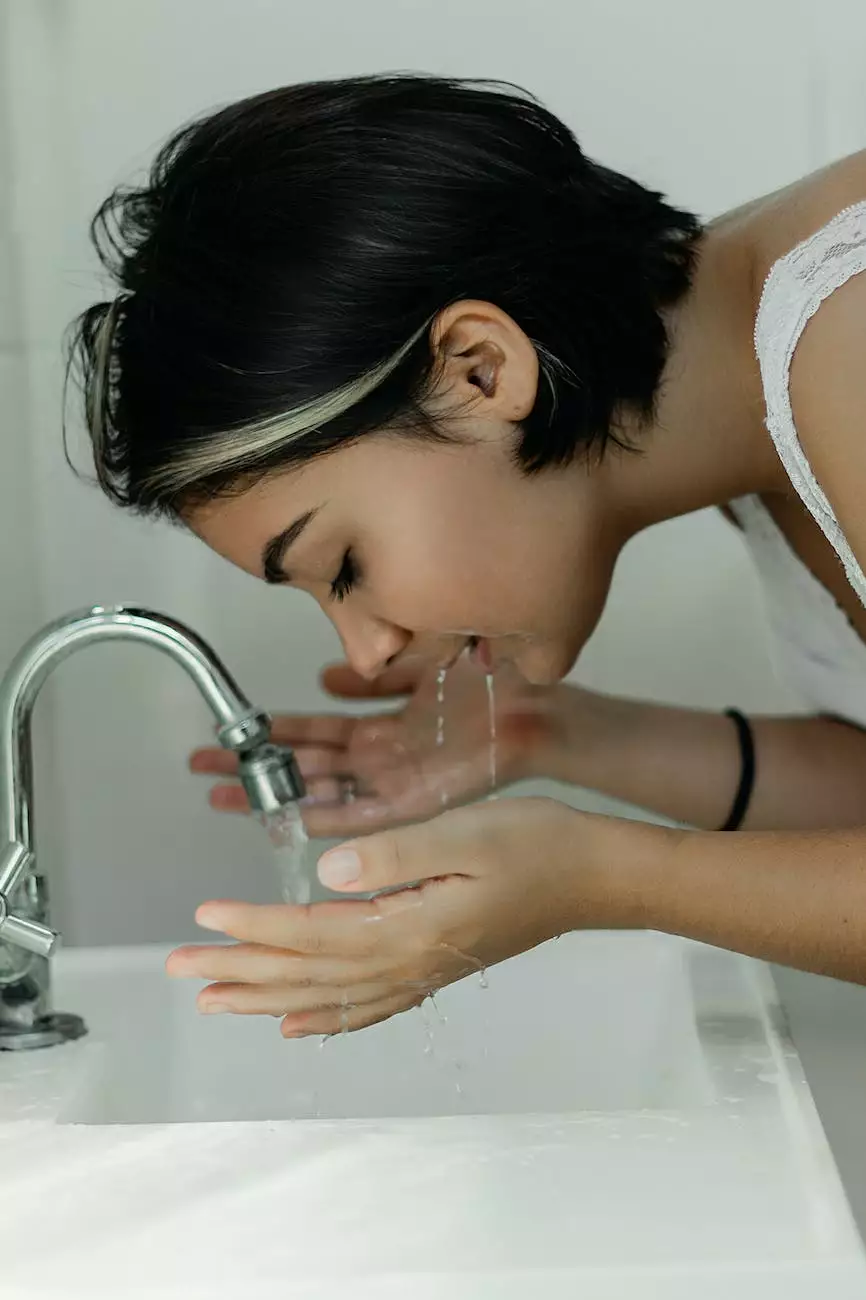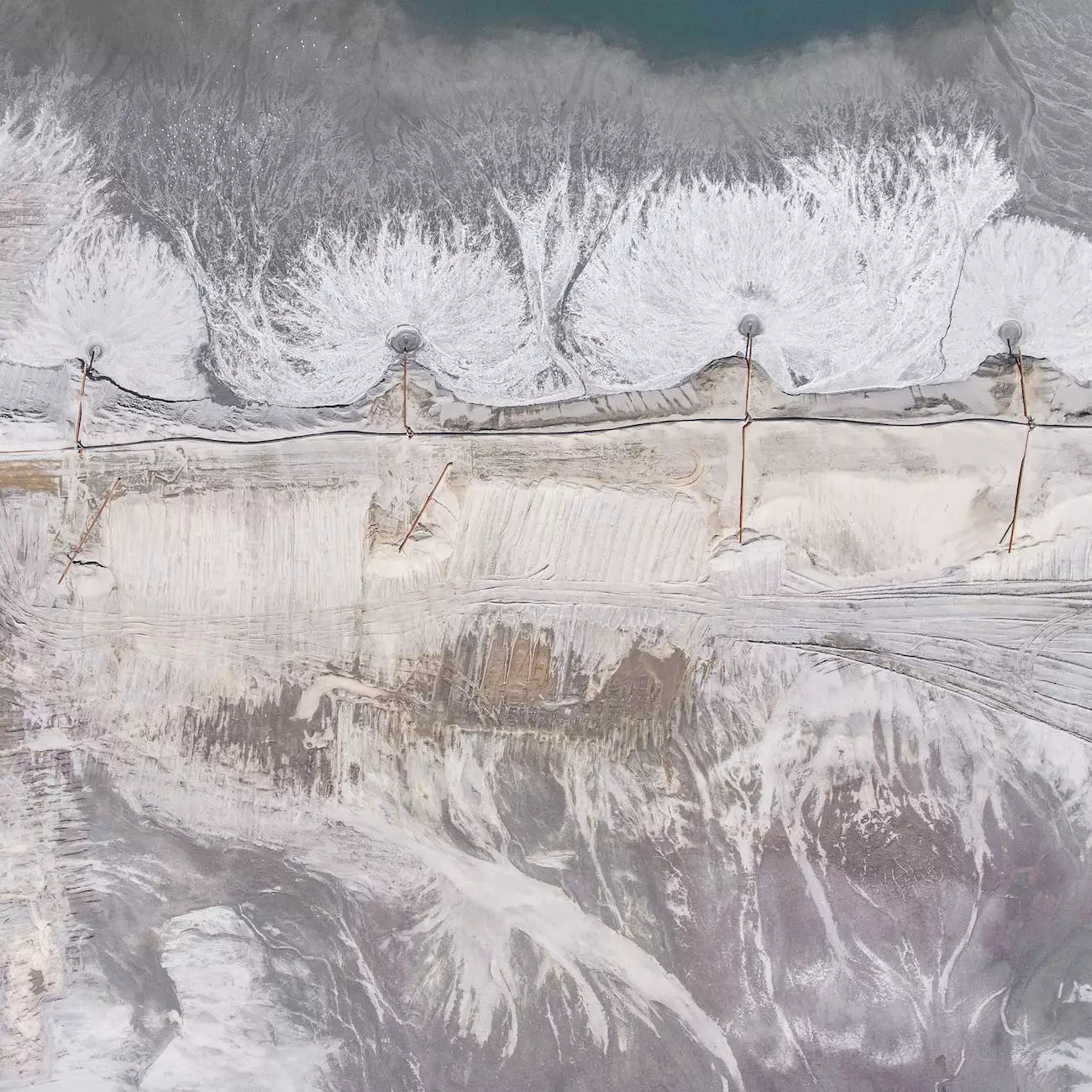The Injustice of America's Unequal Access to Clean Water
Legal News
Introduction
Welcome to Pro Per Legal Document Specialists, where we tackle the pressing legal and government issues affecting our society. In this article, we delve into the injustice of America's unequal access to clean water. With a comprehensive analysis of this critical issue, we aim to raise awareness, spark meaningful discussions, and promote positive change.
The Urgent Need for Clean Water
Access to clean water is a fundamental human right, yet millions of Americans still face extreme challenges in obtaining safe drinking water. This issue, far from being isolated, affects individuals and communities across the entire nation, highlighting systemic problems within our society.
1. The Root Causes
Poverty, discrimination, and neglect play significant roles in perpetuating the unequal access to clean water. Low-income communities, predominantly communities of color, struggle the most in securing clean water resources due to various reasons such as polluted water sources, inadequate infrastructure, or unaffordable costs associated with water treatment and distribution. This inequality violates basic principles of justice and equality.
2. Health Implications
The consequences of lacking clean water are dire and far-reaching. Individuals exposed to contaminated water sources are at increased risk of developing severe health problems, including gastrointestinal illnesses, skin disorders, and even life-threatening conditions. The burden of these health issues disproportionately falls on the most vulnerable populations, exacerbating existing social disparities.
Legal Framework and Government Responsibilities
Addressing the unequal access to clean water requires a comprehensive legal framework that ensures accountability and enforces the right to clean water for all individuals. It is crucial to examine the existing laws, policies, and government responsibilities that shape the provision of clean water resources across the country.
1. Safe Drinking Water Act
The Safe Drinking Water Act, enacted in 1974, represents a significant step towards protecting public health by regulating the quality of drinking water in the United States. However, despite its objectives, there are still gaps in its implementation, particularly in marginalized communities. Advocating for stricter enforcement is vital to eliminate disparities and ensure equal access to clean water resources.
2. Government Investment and Infrastructure
Government agencies, at both federal and state levels, must allocate sufficient resources and prioritize the improvement and maintenance of water infrastructure. This includes investing in upgrading aging water treatment plants, repairing leaky pipes, and providing financial support to communities in need. Additionally, policymakers should actively engage with stakeholders to understand the unique challenges faced by different communities and develop tailored solutions.
The Role of Advocacy and Community Empowerment
Addressing the injustice of unequal access to clean water requires collective effort and active participation from advocacy groups, community organizations, and concerned citizens. By empowering affected communities and promoting grassroots initiatives, we can effectively raise awareness, challenge the status quo, and fight for lasting change.
1. Advocacy Organizations
A number of dedicated advocacy organizations are leading the fight for equal access to clean water. These groups use their voice and resources to promote policy changes, provide legal assistance to affected communities, and engage in education and outreach initiatives. Supporting these organizations is a crucial step in the pursuit of justice and equitable water distribution.
2. Community-Led Initiatives
Communities themselves can play a central role in addressing their water-related challenges. Through collaboration, education, and sustainable solutions, communities can empower themselves to overcome the barriers they face. Encouraging and supporting community-led initiatives is essential for fostering long-term change and ensuring a better future for all.
Conclusion
The unequal access to clean water in America shines a spotlight on the broader systemic issues prevalent in our society. By understanding the root causes, advocating for change, and empowering affected communities, we can address this injustice and strive towards a future where every individual has safe and reliable access to clean water. Pro Per Legal Document Specialists is committed to driving positive change and invites you to join us in this crucial endeavor.




